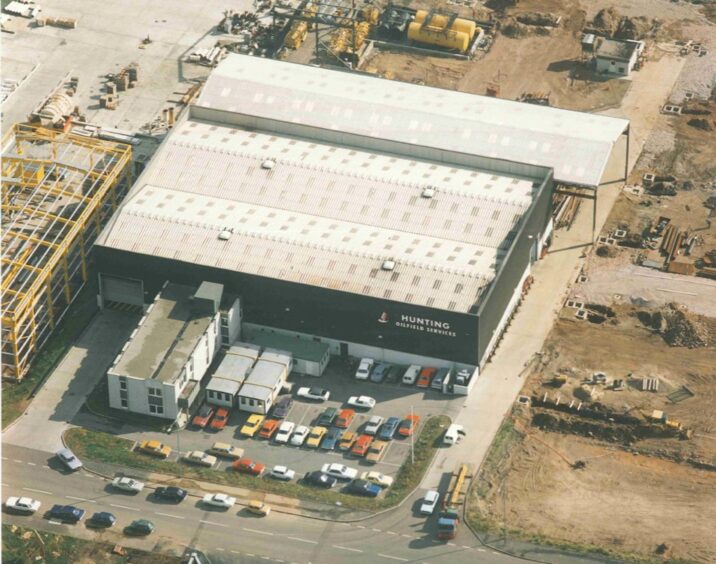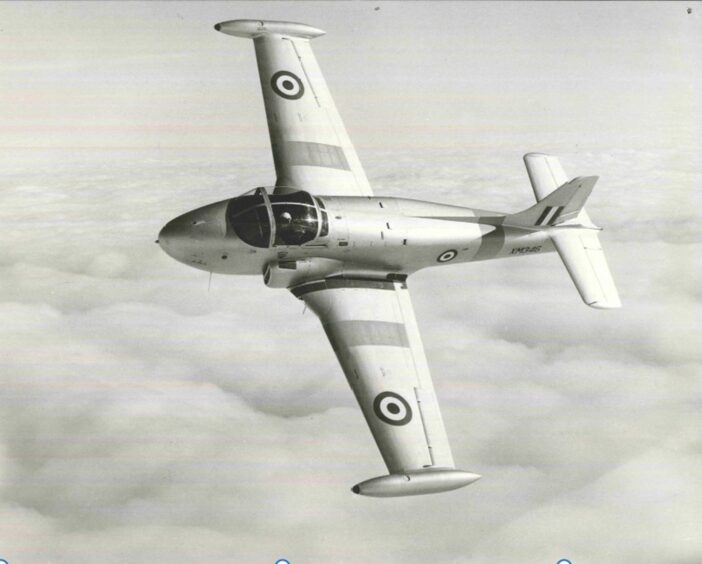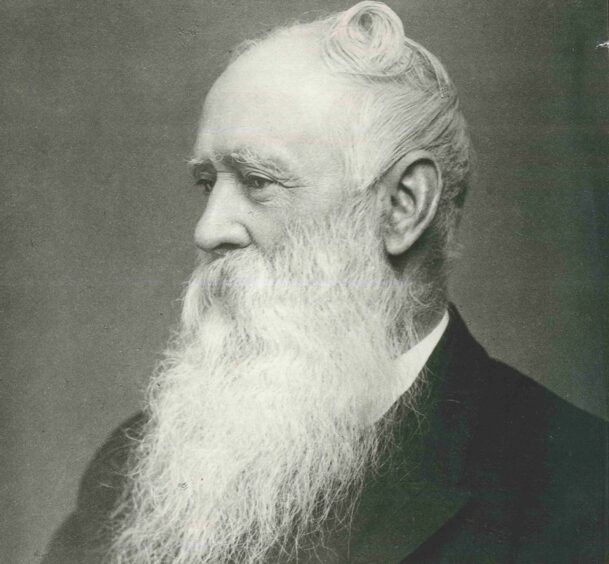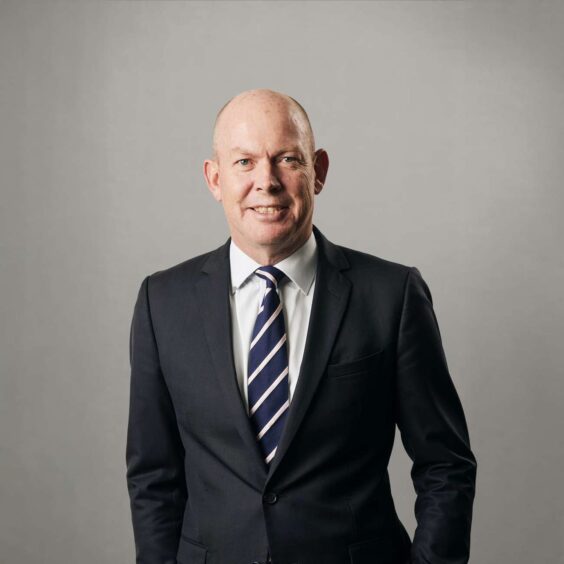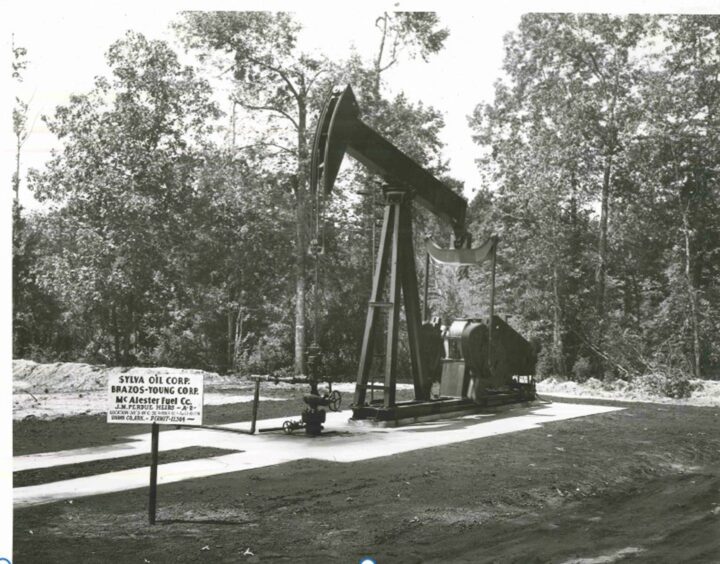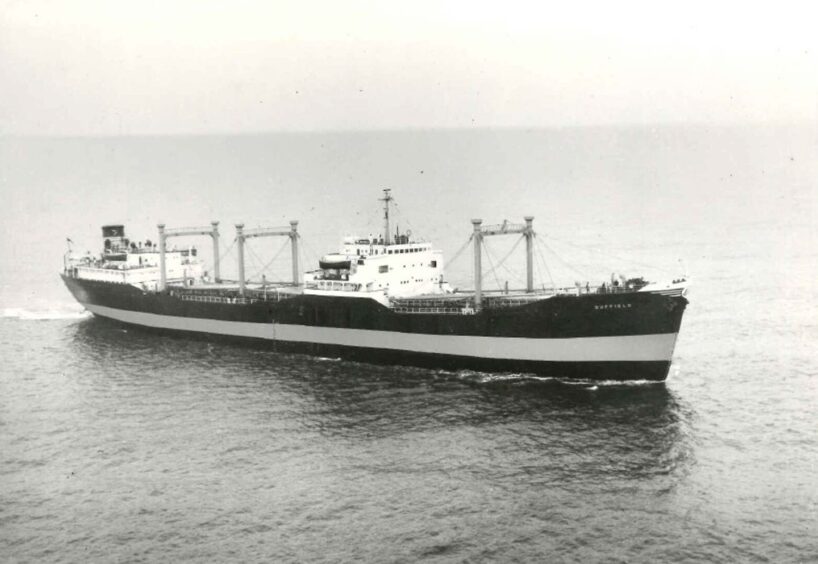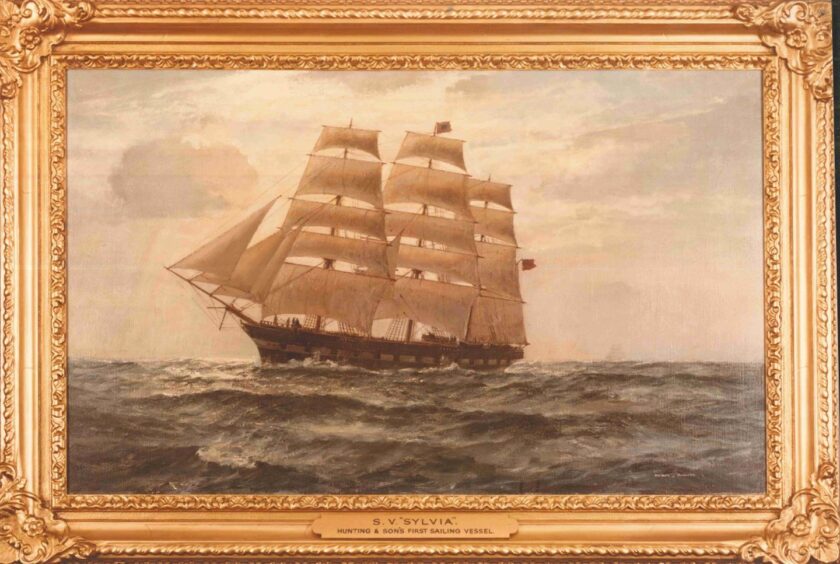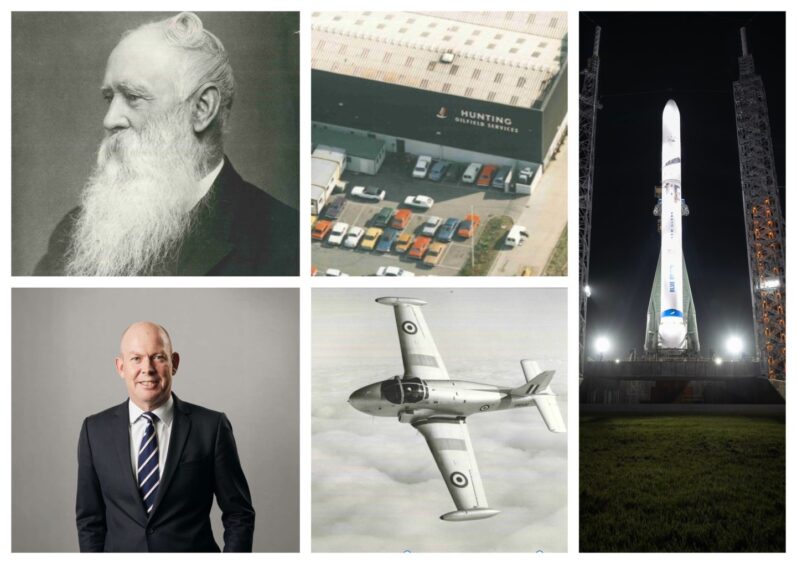
“The Hunting brothers started off actually in the oil industry, shipping oil,” reflects Bruce Ferguson, the company’s finance boss, on the founders of Hunting Plc (LON: HTG) in Newcastle in 1874.
“Then the First World War came along and the Germans sunk the majority of the fleet, which forced an element diversification.
“That may be the golden thread through the whole story, that ability to change, diversify, that resilience. Whether that’s the First World War, the Second World War, and I guess the challenges we’ve seen today through the energy transition.”
Since its founding by Charles Samuel Hunting, Hunting Plc – which has been present in the Aberdeen North Sea oil and gas sector since the late 1960s – has had a strong record on diversification.
It can boast manufacturing parachutes for space shuttles in the 70s and 80s – and today is creating kit for billionaire Jeff Bezos’ “New Glenn” rocket for his Blue Origin space firm.
Aerospace and defence have played a big part of the story, with Hunting once being the UK’s largest defence contractor, running the country’s nuclear defense capacilities and Aldermaston. It also designed the Jet Provost – the RAF’s primary training plane through to the 1980s.
Then, in the 1990s, with a contract with for BP in the North Sea, it doubled down on oil and gas, growing it from 5% of the business to 90% today.
That subsea heritage has played an important role in its continued success, designing key products for use deep beneath the surface right out of Aberdeenshire.
“We bought a subsea company in Aberdeen called Enpro back in 2020. It wasn’t best timing with COVID, but again great products, great engineering, selling products all around the world based in Badentoy, but their products are going into new West Africa, into Brazil, into the Gulf of Mexico as well,” notes Mr Ferguson.
Still up on the wall at one of Hunting’s Aberdeen offices is a quote from one of the founders “change is a constant travelling companion”.
“It’s stands us in good stead today when we’re looking at sort of the challenges we’ve seen through oil and gas, COVID, the energy transition,” says Mr Ferguson.
“It’s been a cyclical industry through my career, a volatile industry, and I guess that resilience has come in handy.”
That comes as the company goes “full circle” and heads further down a road of diversification, with a managed transition for 25% of its business to be non oil and gas by 2030.
Some of that will be through sectors like geothermal and carbon capture and storage, using some of its existing technologies for different end products in the energy transition.
Other efforts will be like those of the Blue Origin space contracts, and work for medical and aviation applications for Sikorsky helicopters.
One element which hasn’t changed is the Hunting family. Though no longer on the board of the London-headquartered firm, they retain 15% equity and David and Richard Hunting remain involved.
But how would Charles Samuel Hunting feel about his business today, if he could see it 150 years on?
“The products might be different, but he would certainly recognize hopefully the entrepreneurial spirit that’s lead us to diversify into these high-end engineering cool products, critical products. whether it’s aviation, defence, or oil and gas,” says Mr Ferguson.
“And there’s the fact we’re a global company.
“These guys were drilling for oil back in 1920s, they were flying planes in the First World War. We’ve now got a joint venture in India, we’re in the Middle East, we’ve got operations in China, Batam, all around the world.
“We’re very much a global outlook, and I think that would be something that that’s very much a similar outlook to what the brothers had 150 years ago.”
Recommended for you


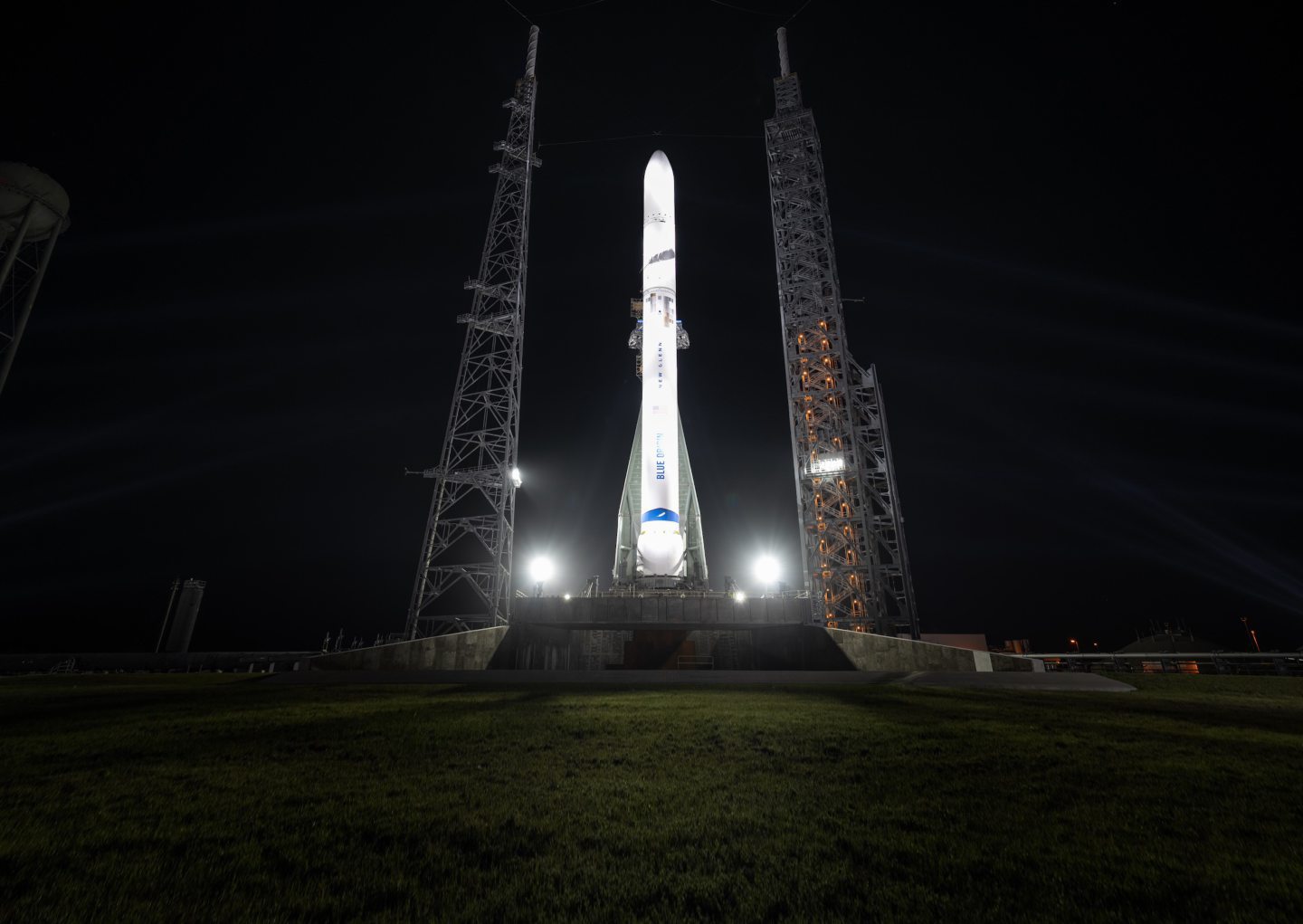 © Supplied by Blue Origin
© Supplied by Blue Origin